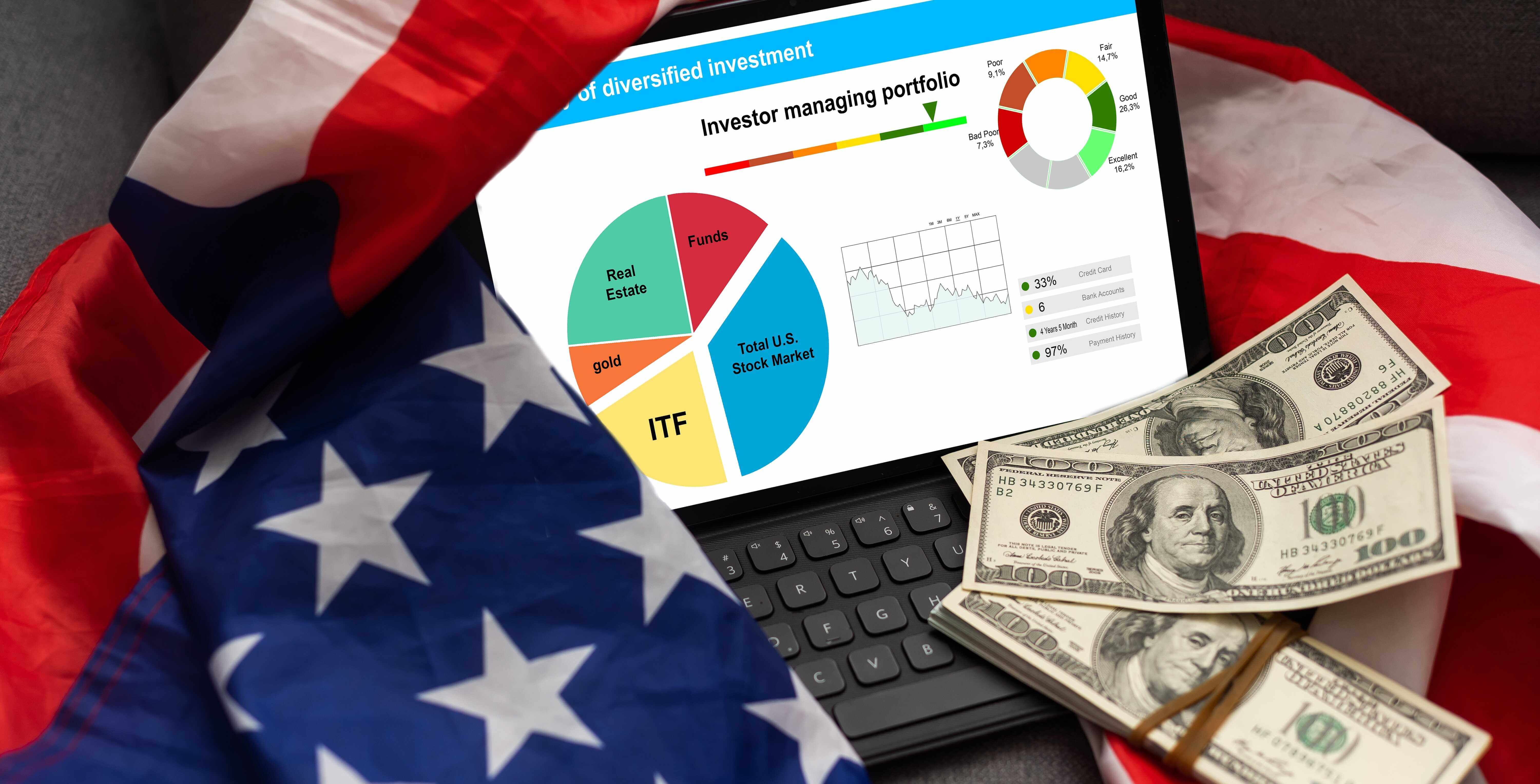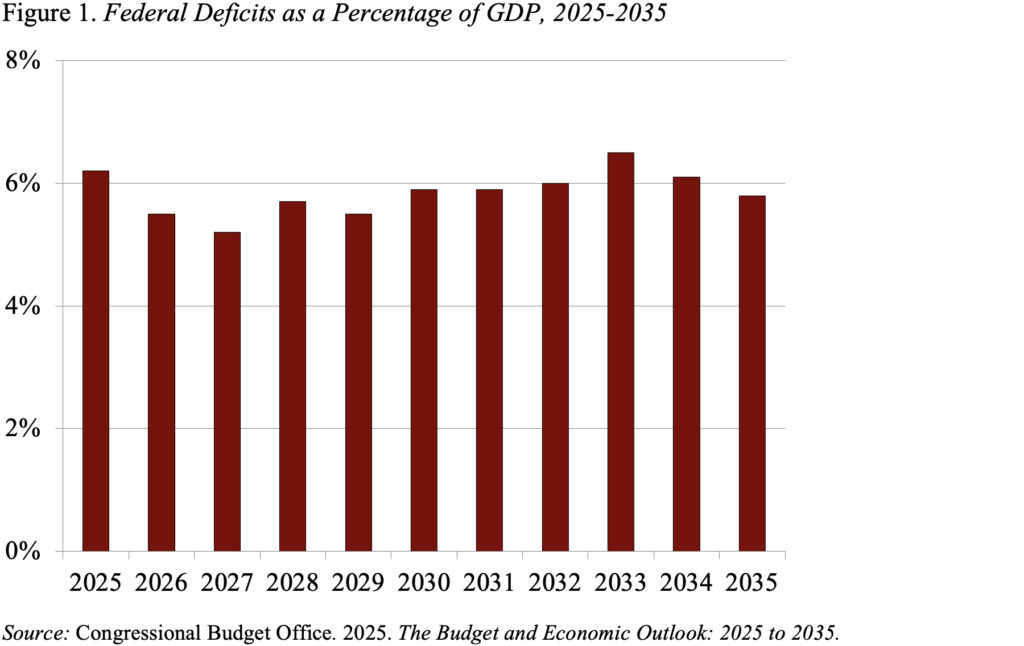Should Apple Investors Worry About Falling Iphone Sales Or Stick With The Stock?

Apple (NASDAQ: AAPL) reported fiscal 2025 first-quarter earnings last week that topped analyst estimates but also contained some disappointing metrics. Share prices rose on the news, although the company reported a small year-over-year decline in iPhone sales for the quarter. There had been some hype over the past few months that the launch of a new iPhone that included artificial intelligence (AI) features back in September 2024 would spur a big upgrade cycle, but so far it hasn't.
Let's look at why investors seemed to shrug off the weak iPhone sales number, and at what to do with the stock from here.
Where to invest $1,000 right now? Our analyst team just revealed what they believe are the 10 best stocks to buy right now. See the 10 stocks »
Services revenue leads the way
In its fiscal Q1, Apple grew its revenue by 4% to $124.3 billion; this came in just ahead of analyst expectations, as compiled by LSEG, of $124.1 billion. Adjusted earnings per share rose 11% to $2.40, topping the $2.35 analyst consensus.
This was supposed to be the start of a big iPhone upgrade cycle, given that it was the first full quarter of sales for the new iPhone 16 since its launch, but that didn't materialize. Instead, iPhone sales slipped nearly 1% year over year to $69.1 billion, falling well short of analyst expectations for $71 billion in sales. Apple said iPhone sales were better in countries where Apple Intelligence, its version of AI, was available (it's not yet available in China, for example). It expects to roll out the service in more languages in April.
However, overall product segment sales rose nearly 2% on the back of strong Mac and iPad sales. Mac sales climbed 16% year over year to $9 billion, helped by the launch of new models that incorporate the latest M4 chip and Apple Intelligence. iPad sales jumped 15% to $8.1 billion, powered by sales of both iPad Air and entry-level iPad models; Apple said that more than half of iPad sales were to new customers. Wearable sales slipped 2% to $11.7 billion, which contributed to a tough comparison following the launch of Apple's Watch Ultra 2 last year.
Nonetheless, it was Apple's services segment, a historical producer of high gross margins, that was once again its star performer. This segment includes things like the App Store, cloud storage, subscriptions like Apple TV, and revenue from Google search. Revenue for the segment climbed 14% year over year to $26.3 billion, while its gross profit jumped 18% to $19.8 billion. The company said that paid subscriptions grew by double-digit percentages and that it now has over 1 billion paid subscriptions across its platform.
From a geographical perspective, China continues to remain a weak spot, with Greater China (which includes mainland China, Hong Kong, and Taiwan) revenue falling 11% year over year to $18.5 billion. Apple said half the drop was due to a change in channel inventory. It's hoping a recent government stimulus package will help improve the Chinese economy, thus helping sales.
Apple ended the quarter with approximately $141 billion in cash and marketable securities and $97 billion in debt, after generating $27 billion in free cash flow in the quarter. It repurchased $23.3 billion in stock during the quarter.
Looking ahead, it forecast that its fiscal Q2 revenue would grow by a percentage in the low- to mid-single digits. Service revenue is expected to increase by low double digits.
Image source: Getty Images.
Should investors stick with Apple stock?
Apple has had its fair share of struggles growing its product revenue over the past couple of years, and the hope was that its new AI-powered iPhone would be the start of a big upgrade cycle. While that hasn't happened, and the company continues to face challenges in China, it still has a strong business model in place.
This is seen in its services segment revenue, which continues to grow nicely. More importantly, this segment carries gross margins of around 75%, compared to around 39% for its product segment. That means that more of this revenue falls to the bottom line as profits. In addition, services revenue tends to be more "sticky": It includes things like subscriptions that recur annually, compared to the sale of a device that might get replaced every few years.
From a valuation standpoint, Apple stock trades at a forward price-to-earnings (P/E) ratio of around 32 based on fiscal 2025 analyst estimates. This is pretty high from a historical perspective, for a stock that often traded at a trailing P/E below 20 back when it was growing faster.
AAPL PE Ratio (Forward) data by YCharts.
Part of Apple's expansion in P/E is due to changes in its business composition over the years. Services have come to dominate the Apple story, and high-margin, recurring-revenue businesses typically command higher multiples than hardware-based companies. That said, I think the stock is toward the high end of its fair value range, so I wouldn't chase it.
However, I think Apple stock should still be solid over the long term.
Don’t miss this second chance at a potentially lucrative opportunity
Ever feel like you missed the boat in buying the most successful stocks? Then you’ll want to hear this.
On rare occasions, our expert team of analysts issues a “Double Down” stock recommendation for companies that they think are about to pop. If you’re worried you’ve already missed your chance to invest, now is the best time to buy before it’s too late. And the numbers speak for themselves:
- Nvidia: if you invested $1,000 when we doubled down in 2009, you’d have $311,343!*
- Apple: if you invested $1,000 when we doubled down in 2008, you’d have $44,694!*
- Netflix: if you invested $1,000 when we doubled down in 2004, you’d have $526,758!*
Right now, we’re issuing “Double Down” alerts for three incredible companies, and there may not be another chance like this anytime soon.
*Stock Advisor returns as of February 3, 2025
Suzanne Frey, an executive at Alphabet, is a member of The Motley Fool’s board of directors. Geoffrey Seiler has positions in Alphabet. The Motley Fool has positions in and recommends Alphabet and Apple. The Motley Fool has a disclosure policy.



